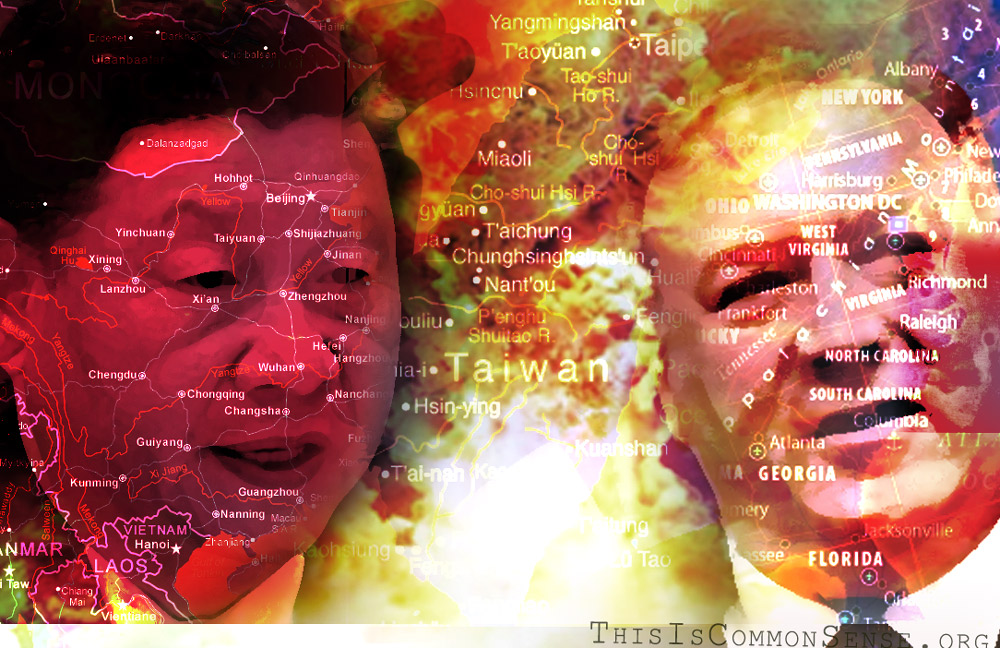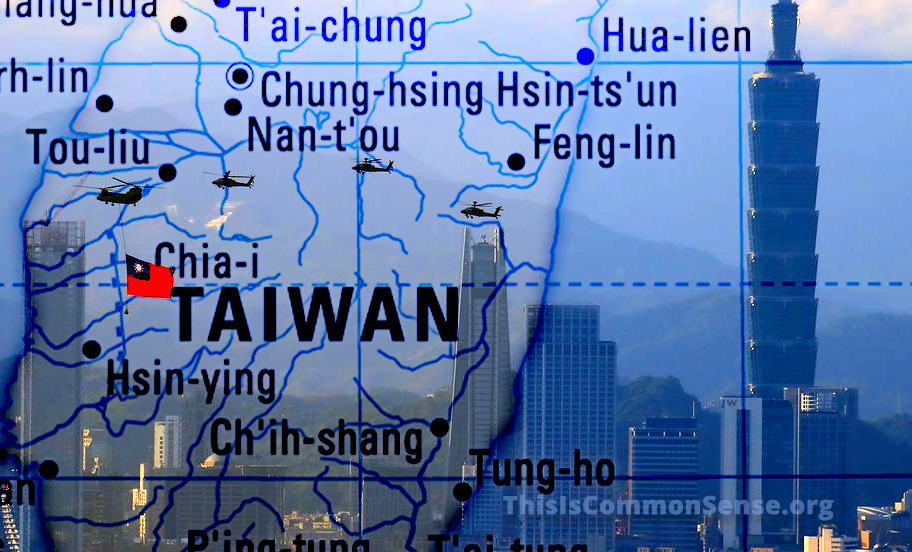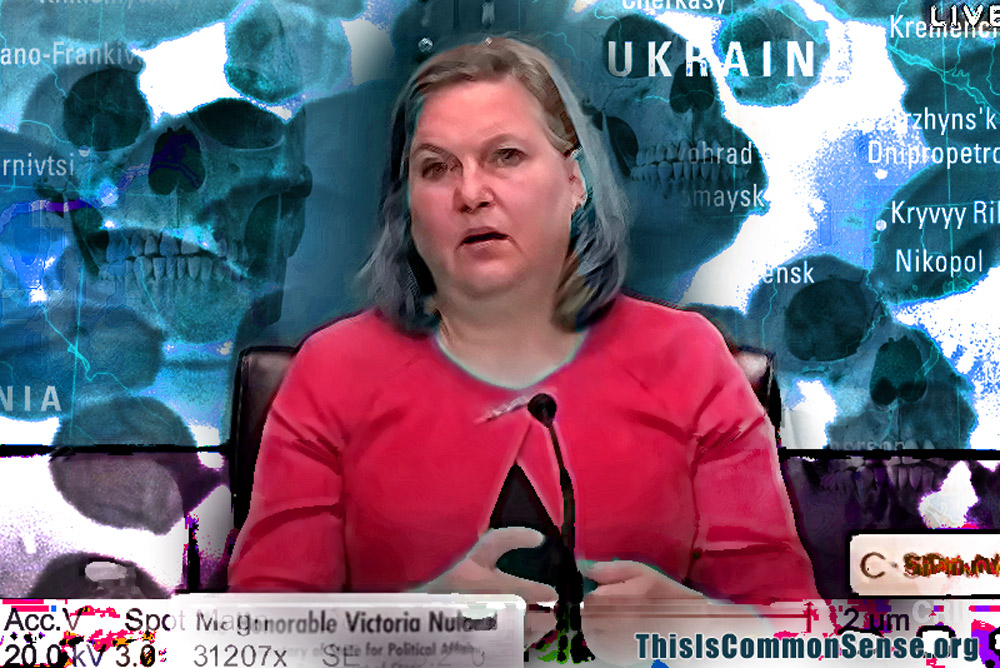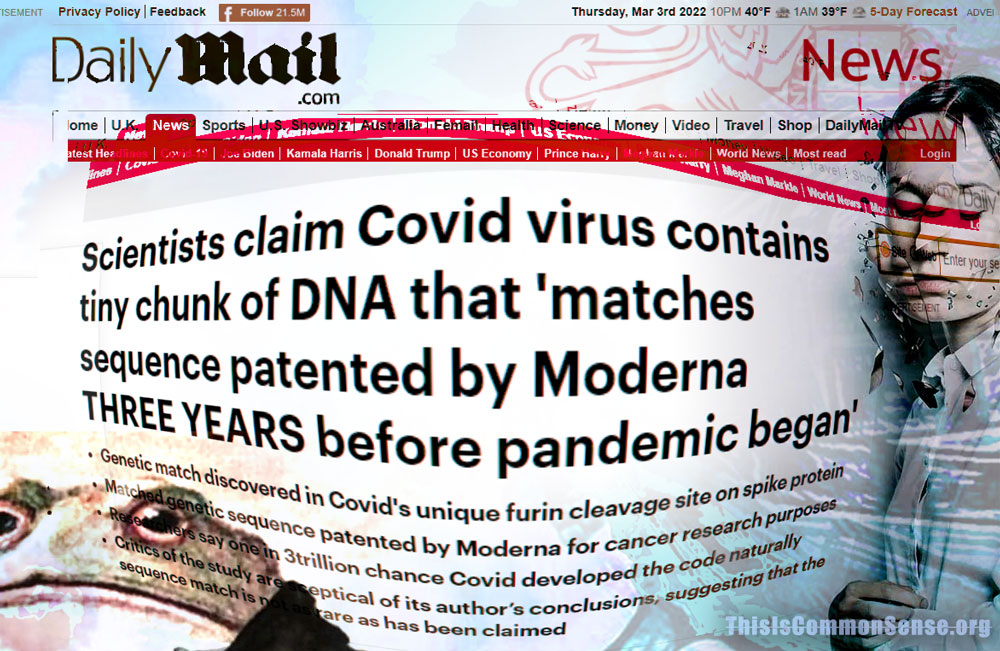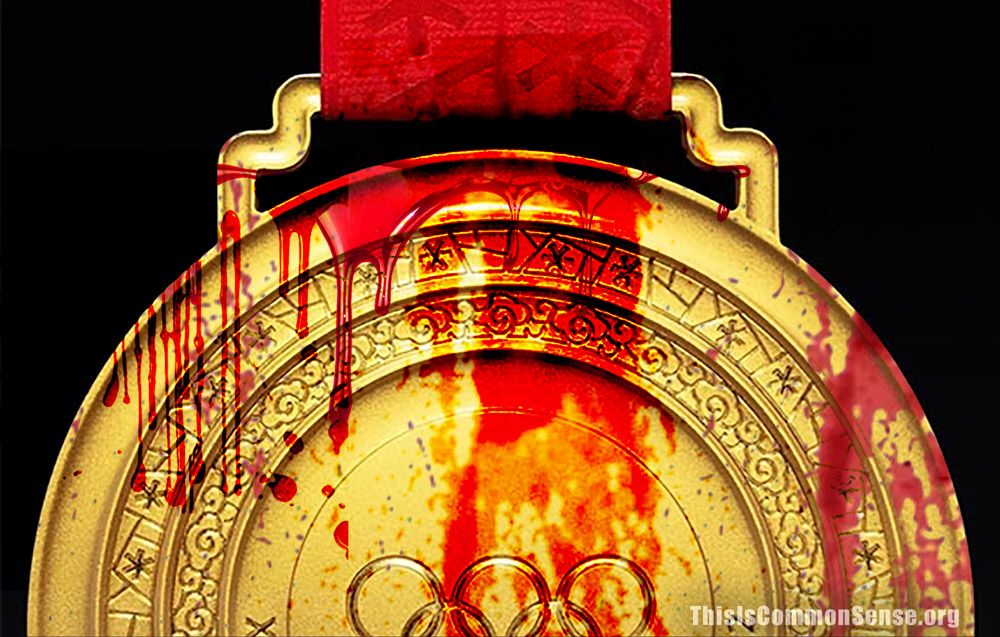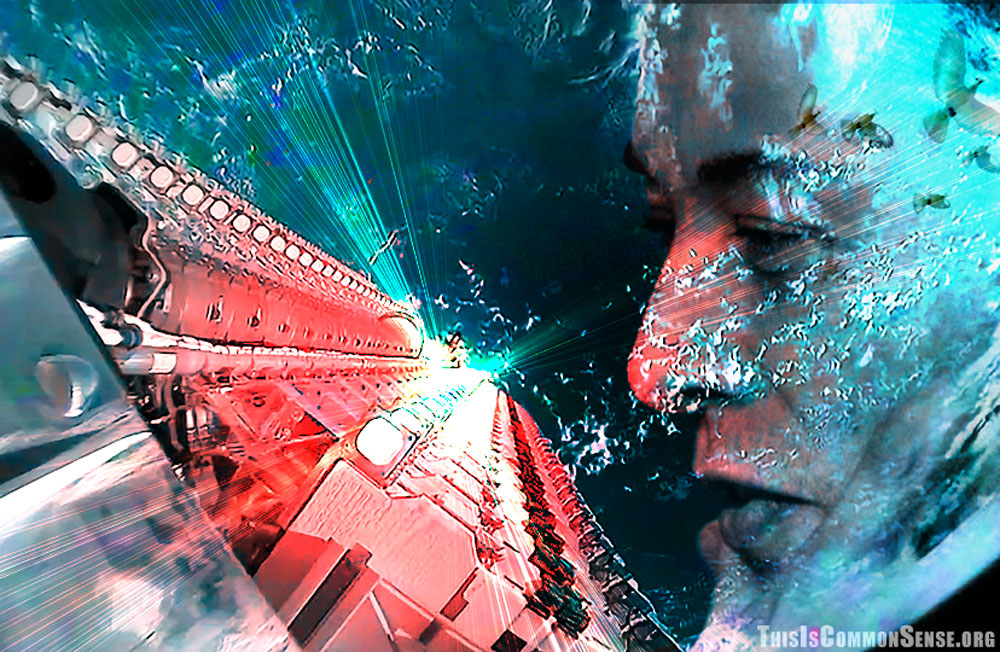“You are living proof of this nation’s democracy,” former U.S. Secretary of State Mike Pompeo recently told his hosts in Taipei, Taiwan, accepting an award honoring his work to strengthen relations between our two countries. He was referring to a small group of protesters outside his hotel.
“And,” Pompeo added, “you remind me of home.”
The Republican was making a simple but pertinent point. In a world of growing authoritarianism, genocide and war, Taiwan and America share very essential political values: Freedom, democracy, respect for human rights.
The visit irked China, of course, which claims Taiwan as a province and doesn’t like Americans stopping by, especially meeting with Taiwanese President Tsai Ing-wen … whom the Butchers of Beijing refuse to refer to as “president.”
Totalitarians often seem especially displeased with the words people utter. Upon his arrival, Pompeo spoke of the beautiful island nation as — get this! — a “great nation,” further traumatizing the Chinese.
In bigger news, however, Pompeo urged the United States to recognize Taiwan as a free and independent nation. It is, indeed. And I applaud the Trump Administration for opening up all manner of nation-to-nation dialogue and cooperation, and the Biden Administration for continuing that policy.
But it’s complicated.
The Chinese have long threatened to launch a bloody invasion in order to “reunite” Taiwan’s territory with the repressive People’s Republic of China (PRC) against the will of the Taiwanese. The PRC claims that any official announcement of “independence” by Taiwan or similar recognition by the U.S. is provocation for war.
Rather than fretting about the “independence” label, let’s concern ourselves with the strategic and tactical military means for Taiwan to resist the embrace the Chinazis have already clamped upon Tibet, Xinjiang, and Hong Kong.
This is Common Sense. I’m Paul Jacob.
—
See all recent commentary
(simplified and organized)
